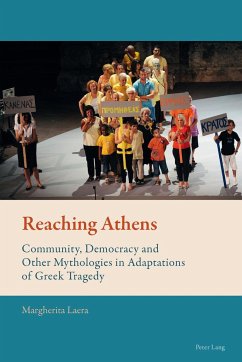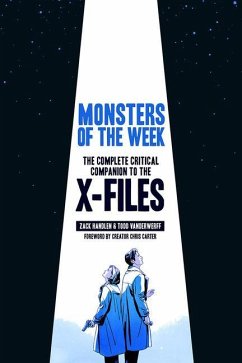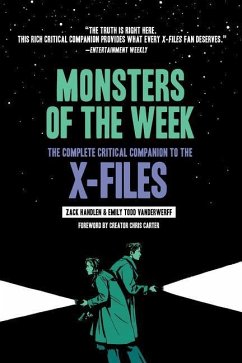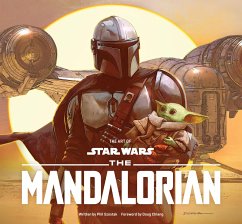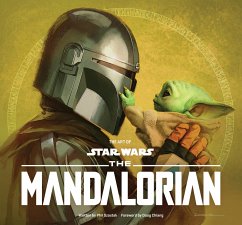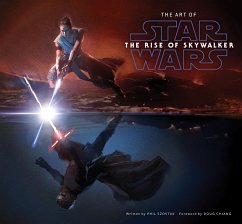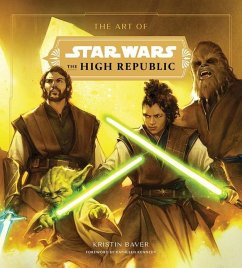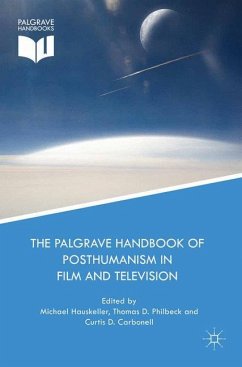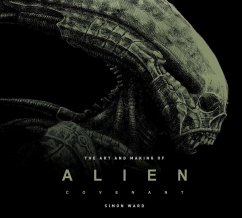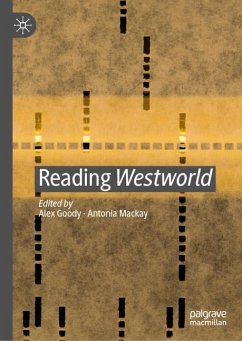
Towards a Posthuman Imagination in Literature and Media
Monsters, Mutants, Aliens, Artificial Beings
Herausgegeben: Mussgnug, Florian
Versandkostenfrei!
Versandfertig in 6-10 Tagen
64,00 €
inkl. MwSt.
Weitere Ausgaben:

PAYBACK Punkte
0 °P sammeln!
What if the human species were to get in touch with another intelligent species, thus far unknown?This question is the impetus for a vast, exciting catalogue of science fiction and fantasy stories. They serve as hypothetical answers in narrative form but can also be regarded as cognitive exercises by which we investigate the nature and destiny of humanity. In other words, any creature and any story produced in response to this question requires an assessment of our notion of the human and a redefinition of our position and role in the world.This volume aims at mapping and analysing the very ri...
What if the human species were to get in touch with another intelligent species, thus far unknown?
This question is the impetus for a vast, exciting catalogue of science fiction and fantasy stories. They serve as hypothetical answers in narrative form but can also be regarded as cognitive exercises by which we investigate the nature and destiny of humanity. In other words, any creature and any story produced in response to this question requires an assessment of our notion of the human and a redefinition of our position and role in the world.
This volume aims at mapping and analysing the very rich catalogue of non-human figures which inhabit our contemporary imagery, with particular regard to science fiction literature and film. It is suggested that monsters, clones, zombies, aliens, artificial beings, cyborgs and mutants can function as ideological tools intended to confirm the role of humankind (and Western civilization) as the only possible standard of intelligent and ethical life. But they can also become cognitive instruments devised to question or criticize our vision of and behaviour toward the world, other species and ourselves. This privileged critical perspective - and the point of arrival of the book - is the category of the posthuman, which is regarded as the symbol of a possibly revolutionary vision of humanity, a wish and an invitation to embrace a new, more humble way of being and living.
This question is the impetus for a vast, exciting catalogue of science fiction and fantasy stories. They serve as hypothetical answers in narrative form but can also be regarded as cognitive exercises by which we investigate the nature and destiny of humanity. In other words, any creature and any story produced in response to this question requires an assessment of our notion of the human and a redefinition of our position and role in the world.
This volume aims at mapping and analysing the very rich catalogue of non-human figures which inhabit our contemporary imagery, with particular regard to science fiction literature and film. It is suggested that monsters, clones, zombies, aliens, artificial beings, cyborgs and mutants can function as ideological tools intended to confirm the role of humankind (and Western civilization) as the only possible standard of intelligent and ethical life. But they can also become cognitive instruments devised to question or criticize our vision of and behaviour toward the world, other species and ourselves. This privileged critical perspective - and the point of arrival of the book - is the category of the posthuman, which is regarded as the symbol of a possibly revolutionary vision of humanity, a wish and an invitation to embrace a new, more humble way of being and living.





